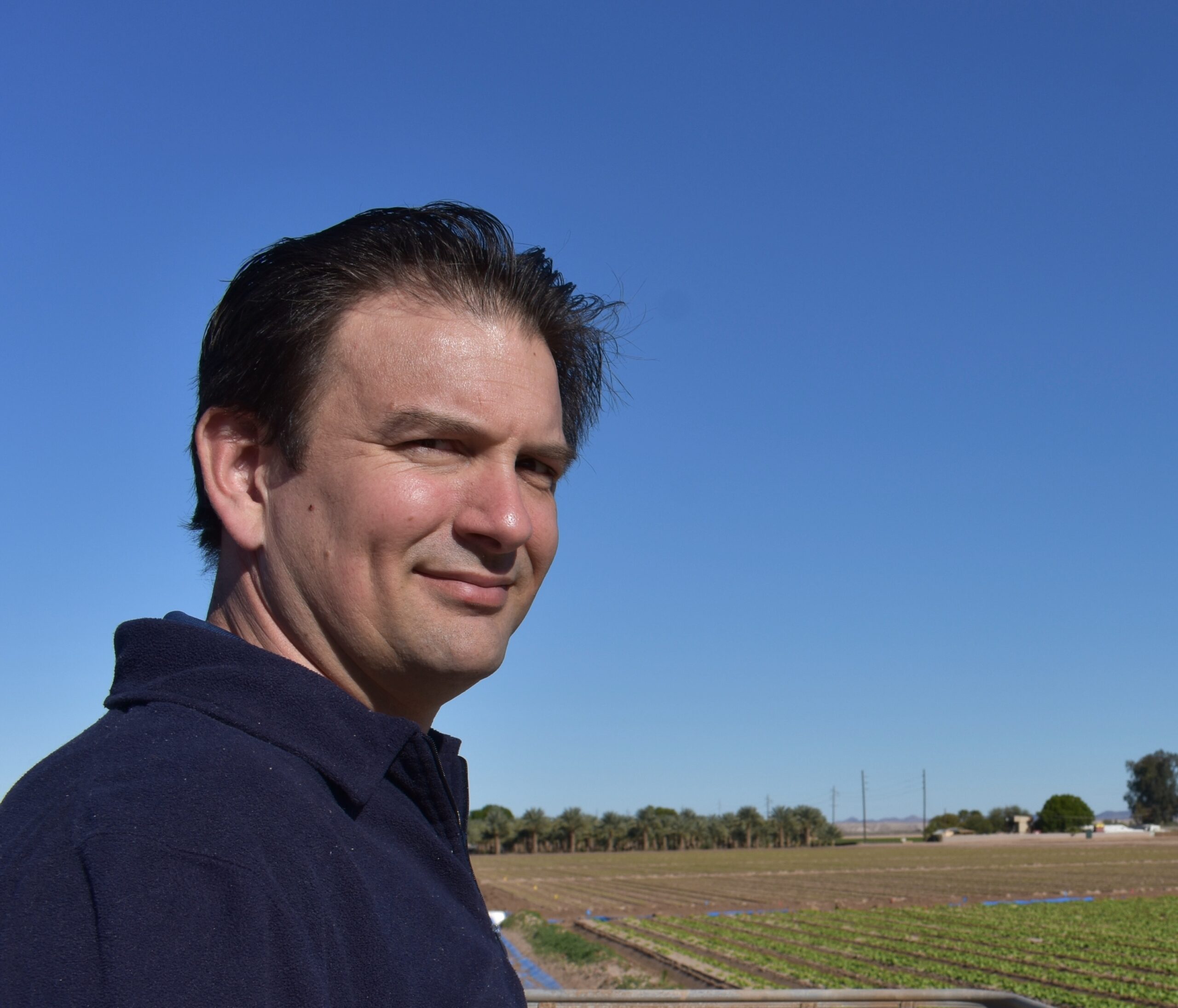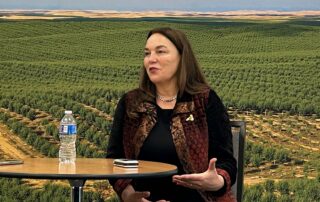Almond Board of California Calls for 2025 Board of Directors Candidates
Election cycle begins Friday, Feb. 7 asking candidates to declare by April 1
The 2025 election cycle for the Almond Board of California (ABC) Board of Directors launches on Friday, Feb. 7 with the call to all potential candidates to file their intent to run by April 1, 2025.
A one-year and a three-year seat are open to represent independent growers in the 2025-26 crop year, and a one-year and a three-year seat are also open to represent independent handlers. Alternate seats for those positions are open, as well. Voting starts April 21 and ends May 22.
To qualify for an independent grower or alternate seat, candidates must be a current grower and must submit a petition signed by at least 15 independent almond growers, which ABC will verify. Independent handler and alternate candidates must declare their intention in writing to ABC.
All details, documents, open positions, the election timeline and deadlines, and frequently asked questions can be found at Almonds.com/Elections.
All petitions and declarations must state the position for which the candidate is running and be sent to abcbodelections@almondboard.com or printed and mailed to ABC, 1150 Ninth St., Suite 1500, Modesto, CA 95354. The deadline for all filings is April 1. Potential candidates who’d like more information can contact ABC at abcbodelections@almondboard.com.
“The ABC Board of Directors plays a crucial role in the success of our industry,” said ABC President and CEO Clarice Turner. “More than 7,600 growers and 100 handlers count on Board leadership to guide the work of the Almond Board. It’s crucial to have dedicated people from across the industry to help navigate these complicated times and work toward a positive, prosperous future.”
The ABC board sets policy and recommends budgets in major areas, including marketing, production research, public relations and advertising, nutrition research, statistical reporting, quality control and food safety.
Serving on the Board provides an opportunity to help shape the future of the almond industry and to help guide ABC in its mission to promote California almonds to domestic and international audiences through marketing efforts, funding and promoting studies about almonds’ health benefits, and ensuring best-of-class agricultural practices and food safety.
ABC encourages eligible women, minorities and people with disabilities to consider running for a position on the Board of Directors to reflect the diversity of the industry it serves.













